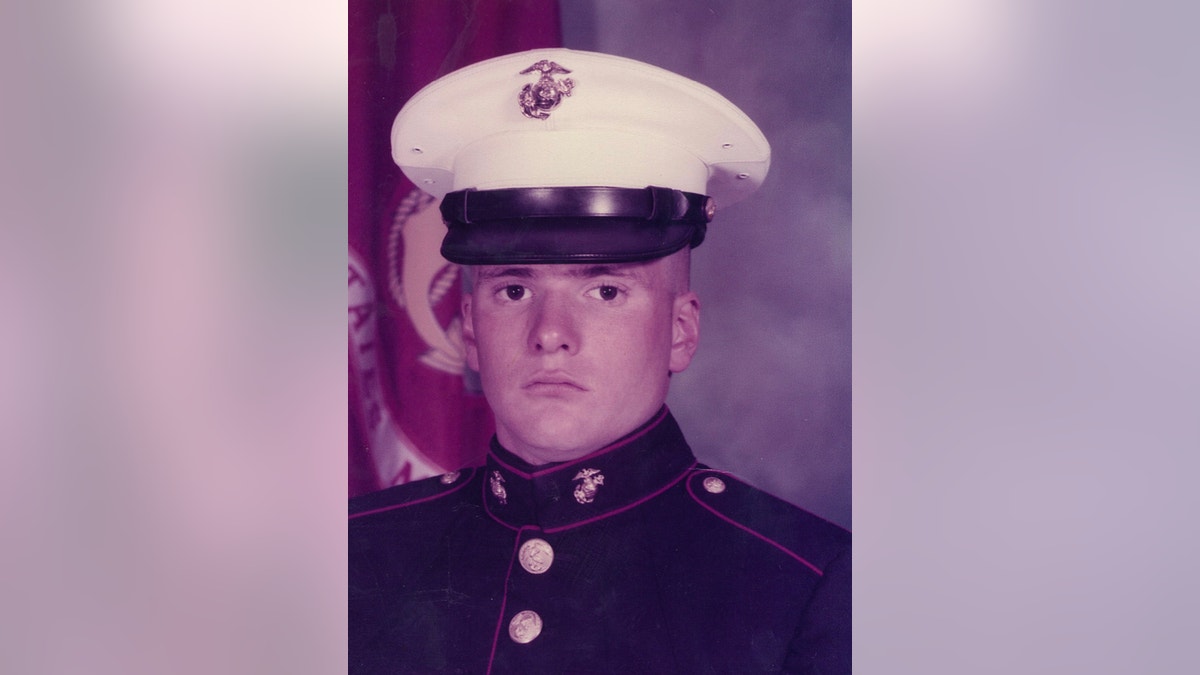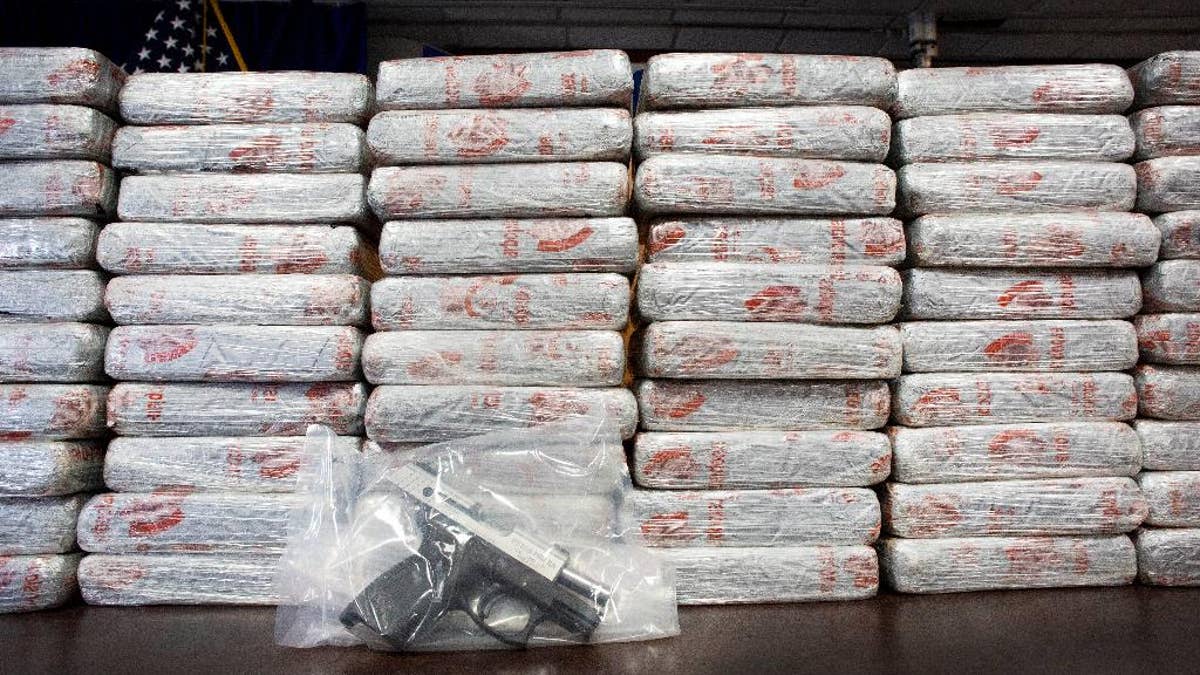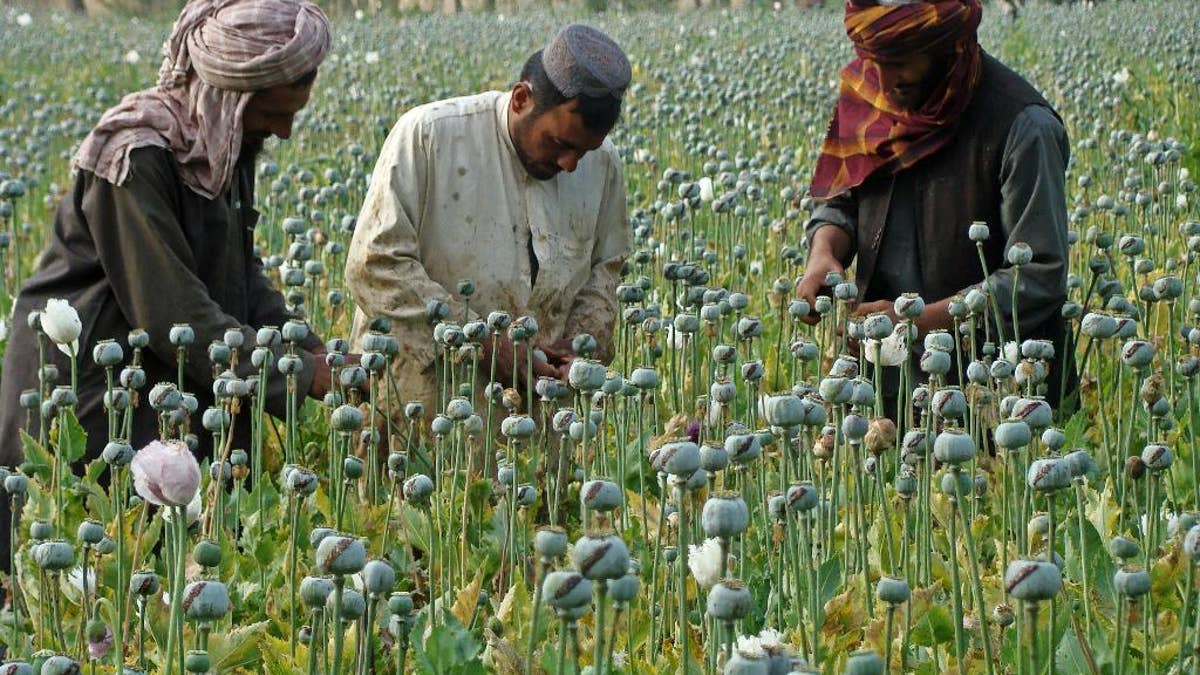Opium Nation: Child Brides, Drug Lords
Insight into what the current situation is on the ground in Afghanistan
For almost thirty years, Edward Follis lied about who he was as he dug deeper into the drug underworld, in nearly every corner of the globe.
That was his crucial job at the behest of the U.S. government.
“Drugs have completely contaminated systems of government and the framework of what is right and wrong,” Follis told Fox News. “I was one of the few (Drug Enforcement Administration) agents who volunteered to go into the worst places at the worst times. I wanted to hunt the kingpins.”
After a few years as a U.S. Marine, Follis went on to join the DEA almost immediately into the labyrinth of undercover work posing as buyers, sellers, friends, and comrades in the darkest basements of the drug trade.
Follis’ tales of tragedy and triumph are the hallmark of a new high-powered Hollywood podcast. Narrated by “Modern Family” star and “Married... with Children” alum Ed O’Neill, “The Undercovers,” tells the “truth is stranger than fiction” life story of Follis, who was “in” the deep throngs of the covert world for almost three decades.
WHERE DOES MEXICO REALLY GET ITS GUNS?
But, from Follis’ reflected view, having retired seven years ago, undercover work – which has long been the centerpiece of much of the operations conducted by the DEA and other federal agencies – has been a crucial piece of the puzzle which is now losing prominence.
“Going undercover is a dying art, it just isn’t used as much, mostly because of technology,” he said. “If I can listen to everything on the phone, then why do I have to penetrate?”

After becoming a U.S. Marine, Eddie Follis went on to become a DEA undercover agent for 27 years, his stories now part of a Hollywood-powered podcast production. (Eddie Follis)
The DEA is said to operate some 86 foreign offices in 67 countries, with 750 workers tasked with different duties under the DEA umbrella. Domestically, the administration is said to run 226 field offices spanning 21 divisions.
Nonetheless, Follis asserted that a shift toward technology surveillance and less on covert missions would be a glaring mistake.
“There is nothing more convincing that sitting with someone and learning the intricacies,” Follis conjectured. “You don’t know the intimacies, and those intimate details are the details you need to put someone away for life.”

A firearm and 154 pounds of heroin worth at least $50 million on display at a Drug Enforcement Administration news conference in May 2015. (AP Photo/Mark Lennihan, File)
Indeed, he is noted for going after some of the most notorious drug lords in countries ranging from Thailand, Singapore and China to Afghanistan, Egypt, Mexico and France -- not by tailing them and handcuffing them, but rather by assimilating into their seedy businesses and camouflaging as one of the crew.
DRUG TRAFFICKING KEEPING MADURO IN POWER IN VENEZUELA, ANALYSTS SAY
Throughout his 27-year span, Follis was instrumental in putting away some 29 top-tier narco-traffickers or international drug kingpins.

Afghan farmers harvest opium in April 2014. (AP Photo/Abdul Khaliq, File)
One that seemed to hit closest to home was his protracted takedown of Haji Juma Khan Mohammadhasni, better known in intel circles as HJK, a billionaire financier and opium retailer to the Taliban.
In 2006, Follis cleaved into the South East Asian opium arena by taking the position of Afghanistan’s DEA country attaché. For two years, he weaved through the coarse mountains and the toffee-colored lands that broiled in the summer and froze in the winter, befriending the notorious HJK. Their friendship bordered a brotherhood, with Khan divulging his most intimate details. Follis even arranged for him to see a cancer specialist in Washington, D.C., after he was struck down with an illness.
And then, in 2008, while later working in a leadership position in Los Angeles, Follis got word that his long-held asset was on the U.S. Defense Department’s “kinetic list” to be targeted for death.
“The military said it needed to do what it does best,” he recalled. “I begged for 90 days; they gave me 60.”
Follis said he called HJK and lured him to meet in Jakarta, Indonesia, where local officials already were lined up to take him in at the behest of the U.S. government.
“The paradox is that to save his life, I had to take it away,” he said bluntly.
“The Undercovers,” which Follis described as being refreshingly raw and unfiltered in its account of what really happened in all those murky endeavors, takes listeners on a bumpy journey of close calls and captures, offering a blunt assessment of the $350 billion illicit global trade.
CLICK HERE TO GET THE FOX NEWS APP
“It took me a while to understand the business model, but it is all about money. They are going to tell you it is not about the money, but it is always about the money,” he added. “I would like to think it is about the power or that there is something ethical going on there, but it is always about the money.”
“The Undercovers” premieres on Tuesday, October 8.









































